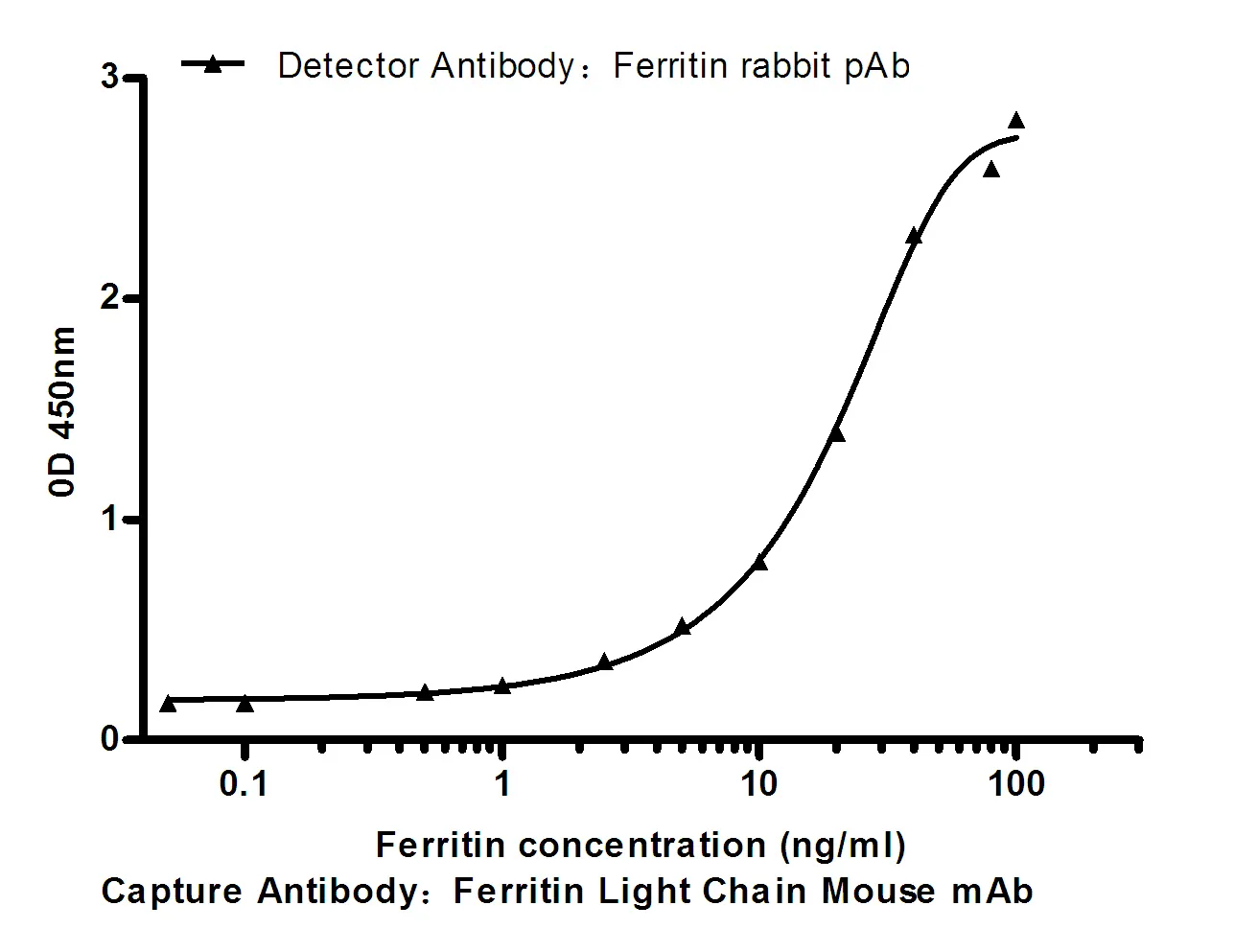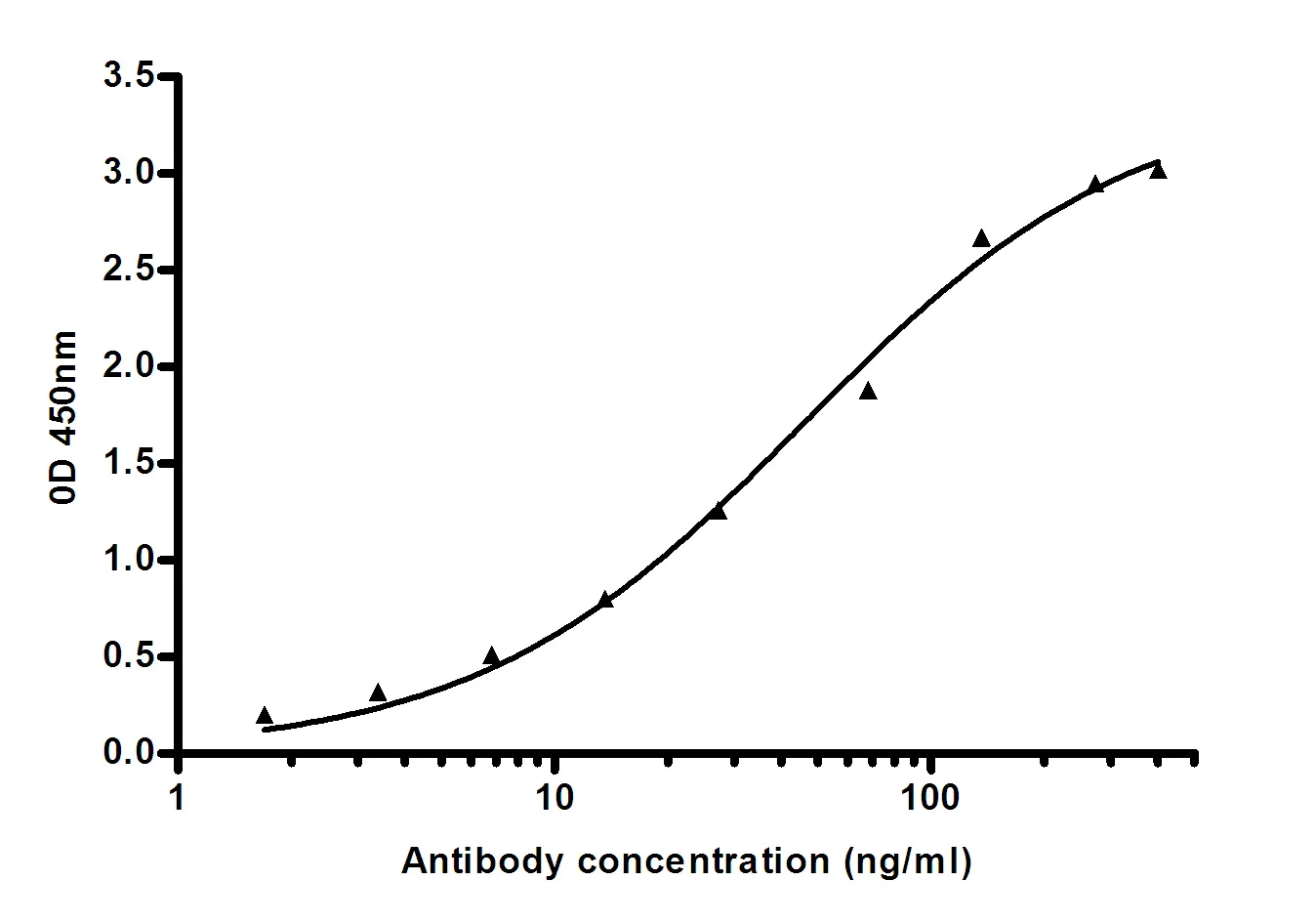Summary
Performance
Immunogen
Application
Background
developmental stage:Its expression is closely related to cellular differentiation in both normal and malignant squamous cells.,function:May act as a protease inhibitor to modulate the host immune response against tumor cells.,similarity:Belongs to the serpin family.,similarity:Belongs to the serpin family. Ov-serpin subfamily.,subcellular location:Seems to also be secreted in plasma by cancerous cells but at a low level.,tissue specificity:Squamous cells. Expressed in some hepatocellular carcinoma (at protein level).,developmental stage:Its expression is closely related to cellular differentiation in both normal and malignant squamous cells.,function:May act as a protease inhibitor to modulate the host immune response against tumor cells.,similarity:Belongs to the serpin family.,similarity:Belongs to the serpin family. Ov-serpin subfamily.,subcellular location:Seems to also be secreted in plasma by cancerous cells but at a low level.,tissue specificity:Squamous cells. Expressed in some hepatocellular carcinoma (at protein level).,
Research Area



